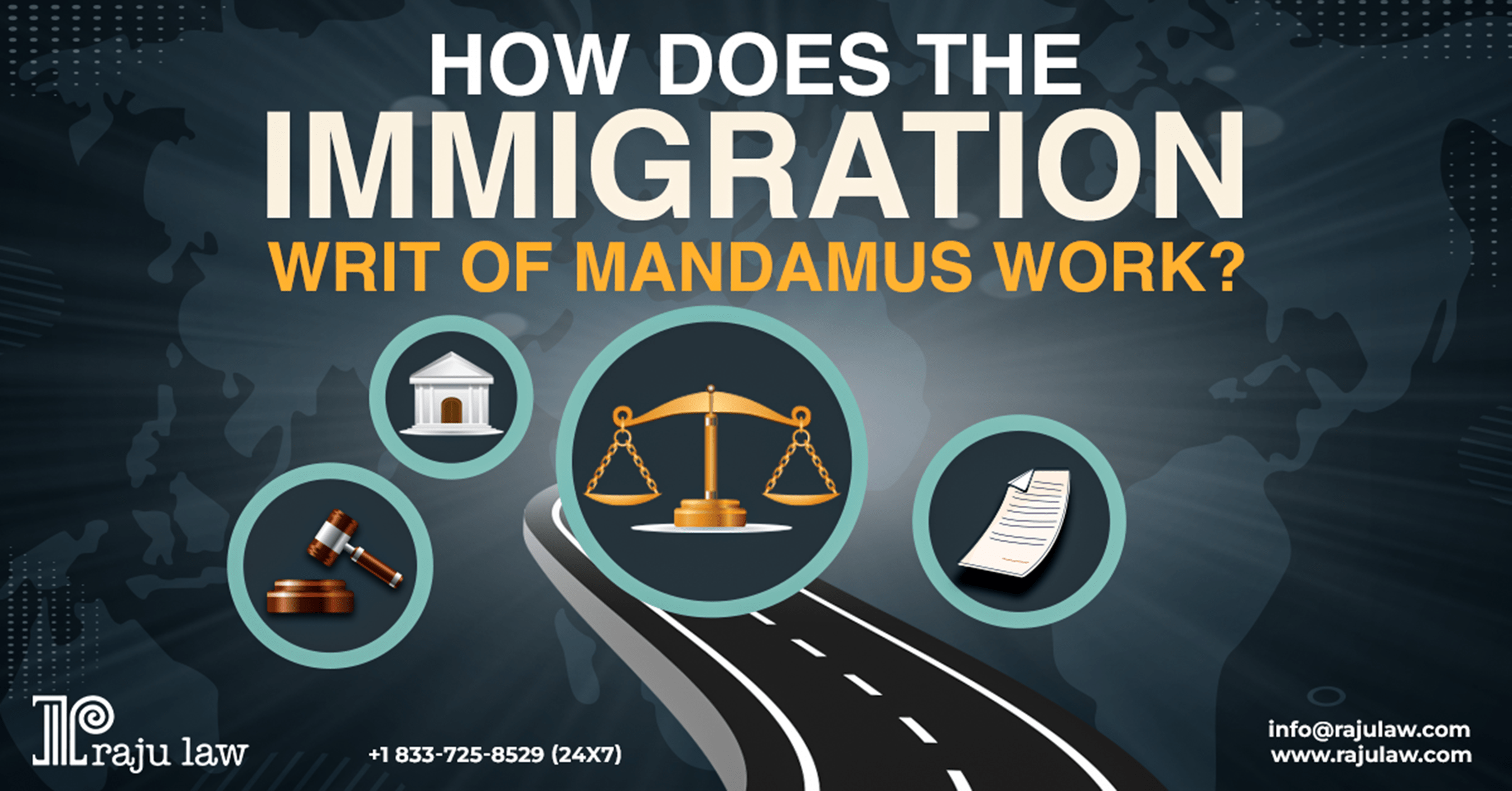The USCIS rolls back harsh standards for bringing refugee spouses to the U.S.
Earlier this week, USCIS issued guidance eliminating a previous policy that prohibited refugees from bringing their spouses to the U.S. if their marriages were not recognized by local authorities. USCIS’ new guidance restores its prior policy of allowing informal marriages among refugees and asylum seekers. Many of these couples live in refugee camps, where informal social structures are usually not recognized by local law, or they are LGBTQIA+ or interfaith couples who are not able to get married in their countries of origin.
USCIS urges eligible applicants to switch employment-based categories due to the high availability
02/18/2022, USCIS
Due to an exceptionally high number of EB immigrant visas available in these categories during this FY (October 2021 through September 2022), USCIS encourages eligible applicants to request to transfer the underlying basis of their adjustment of status application to the first category (priority workers) or the second category (noncitizens in professions with advanced degrees or with exceptional abilities). Since FY 2021 had approximately 140,000 family-sponsored visas, the overall annual limit for FY 2022 is twice as high as usual.
USCIS urges eligible applicants to switch employment-based categories due to the high availability02/18/2022, USCISDue to an exceptionally high number of EB immigrant visas available in these categories during this FY (October 2021 through September 2022), USCIS encourages eligible applicants to request to transfer the underlying basis of their adjustment of status application to the first category (priority workers) or the second category (noncitizens in professions with advanced degrees or with exceptional abilities). Since FY 2021 had approximately 140,000 family-sponsored visas, the overall annual limit for FY 2022 is twice as high as usual.
US Visa Service has been reopened in several countries, including India and China
In response to CVID-19, visa services for U.S. citizens have been suspended around the globe. In recent weeks, most of the U.S. embassies and consulates have resumed booking certain immigrant and nonimmigrant visa appointments.
Source:https://www.boundless.com/blog/covid-19-u-s-embassy-and-consulate-reopening/
Pandemic restrictions have been lifted throughout the world
Worldwide, countries such as Sweden, UK, and Australia have begun to lift COVID restrictions, despite the World Health Organization’s warnings. Australia reopened its borders to international vaccinated travelers later this month, after closing them since early 2020.
Application deadline for adjustment of status for family sponsorship and EB visas: March 2022
US State Department releases Visa Bulletin for March 2022. It can be a major issue if you are waiting for your priority date to be current in order to be able to submit your green card application. To learn more about how to file an Adjustment of Status petition on your behalf if a relative or employer hasn’t already done so, please contact us or go to the USCIS website. Form I-485, Application to Register Permanent Residence or Adjust Status, cannot be filed until you have an available visa in your category (if applicable). Check this page to learn when to apply for adjustment of status.
Source: https://www.uscis.gov/green-card/green-card-processes-and-procedures/visa-availability-priority-dates/when-to-file-your-adjustment-of-status-application-for-family-sponsored-or-employment-based-74
Advocates wary as DACA rule nears finalization
DHS is putting the finishing touches on its final regulation protecting Dreamers from deportation. However, immigration advocates are concerned about a provision that decouples work authorization from the deferral of deportation. In September 2021, the DHS released a proposed rule similar to the original DACA (Deferred Action for Childhood Arrivals) program. Undocumented young people were protected from deportation under DACA 2012. The 2012 (and current) DACA program requires a DACA application to be filed simultaneously with an application for employment authorization; the proposed rule separates the DACA application from the work authorization application.




